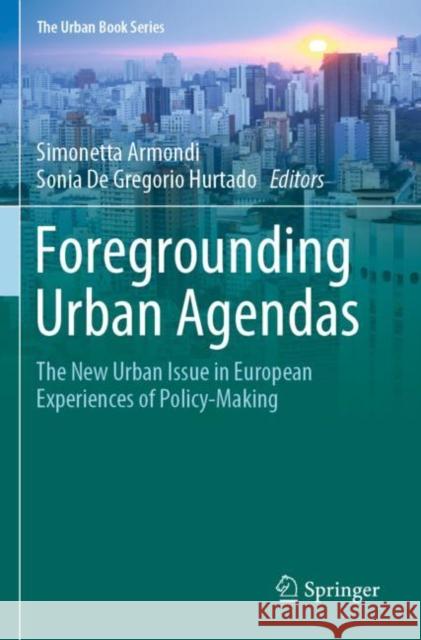Foregrounding Urban Agendas: The New Urban Issue in European Experiences of Policy-Making » książka
topmenu
Foregrounding Urban Agendas: The New Urban Issue in European Experiences of Policy-Making
ISBN-13: 9783030290757 / Angielski / Miękka / 2020 / 316 str.
Foregrounding Urban Agendas: The New Urban Issue in European Experiences of Policy-Making
ISBN-13: 9783030290757 / Angielski / Miękka / 2020 / 316 str.
cena 605,23
(netto: 576,41 VAT: 5%)
Najniższa cena z 30 dni: 578,30
(netto: 576,41 VAT: 5%)
Najniższa cena z 30 dni: 578,30
Termin realizacji zamówienia:
ok. 16-18 dni roboczych.
ok. 16-18 dni roboczych.
Darmowa dostawa!
Kategorie BISAC:
Wydawca:
Springer
Seria wydawnicza:
Język:
Angielski
ISBN-13:
9783030290757
Rok wydania:
2020
Wydanie:
2020
Numer serii:
000789133
Ilość stron:
316
Oprawa:
Miękka
Wolumenów:
01











